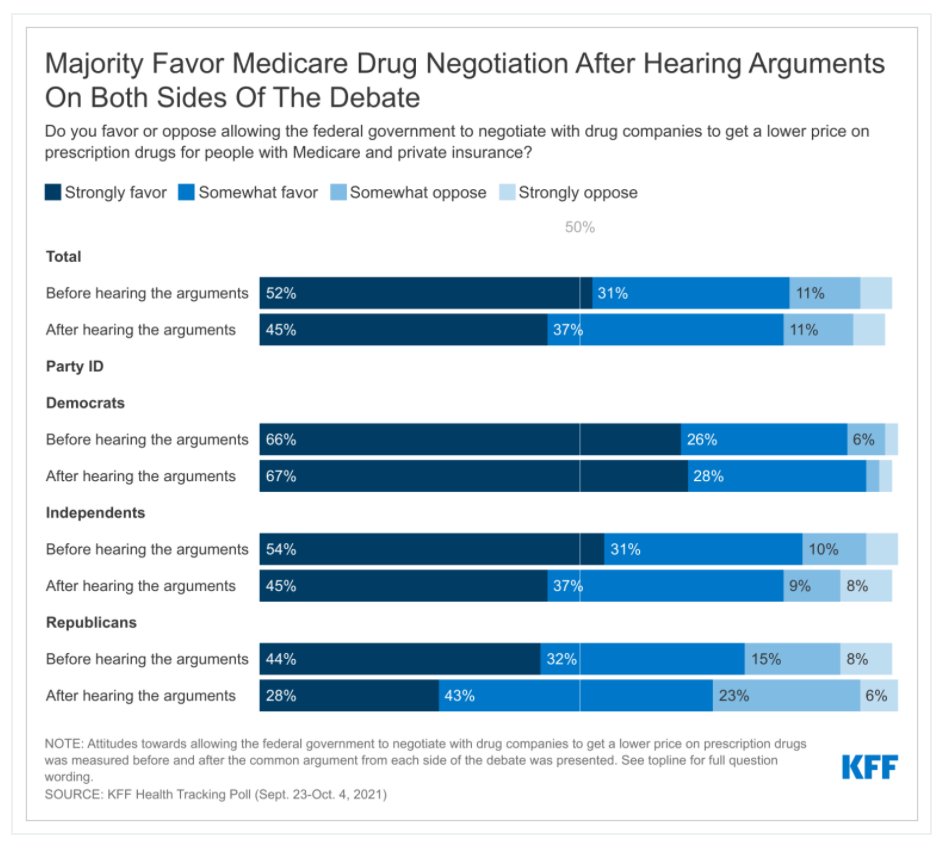
CBO estimates that capping cost-sharing for insulin at $35 per month in the Build Back Better Act would decrease federal revenue by $4.6 billion over a decade, which is an indication of how much people who use insulin would save.
cbo.gov/publication/57…
cbo.gov/publication/57…
There are two ways capping insulin cost-sharing leads to lower federal revenues:
1. It raises premiums in ACA marketplace plans, which increases the premium tax credits paid by the federal government.
2. It raises premiums in employer plans, which are not taxed as income.
1. It raises premiums in ACA marketplace plans, which increases the premium tax credits paid by the federal government.
2. It raises premiums in employer plans, which are not taxed as income.
Economists generally assume that when premiums for employer-provided health insurance rise, wages fall.
Since wages are taxed as income and health insurance premiums are not, a shift from wages to premiums will lead to a decrease in federal revenue.
Since wages are taxed as income and health insurance premiums are not, a shift from wages to premiums will lead to a decrease in federal revenue.
Consider this example:
A worker is in the 22% tax bracket. With the employer and employee shares of Social Security and Medicare taxes, they also pay an extra 15.3%.
So, if a dollar in wages shifts to tax-free health insurance premiums, the federal government loses 37 cents.
A worker is in the 22% tax bracket. With the employer and employee shares of Social Security and Medicare taxes, they also pay an extra 15.3%.
So, if a dollar in wages shifts to tax-free health insurance premiums, the federal government loses 37 cents.
There's a case to be made that patients should pay nothing for insulin. It would raise insurance premiums, but it's a lifesaving drug that we don't want people being cost-conscious about.
In the UK, for example, there are no drug copays for people with diabetes (or for people with cancer, people who are pregnant, kids, or seniors).
• • •
Missing some Tweet in this thread? You can try to
force a refresh






